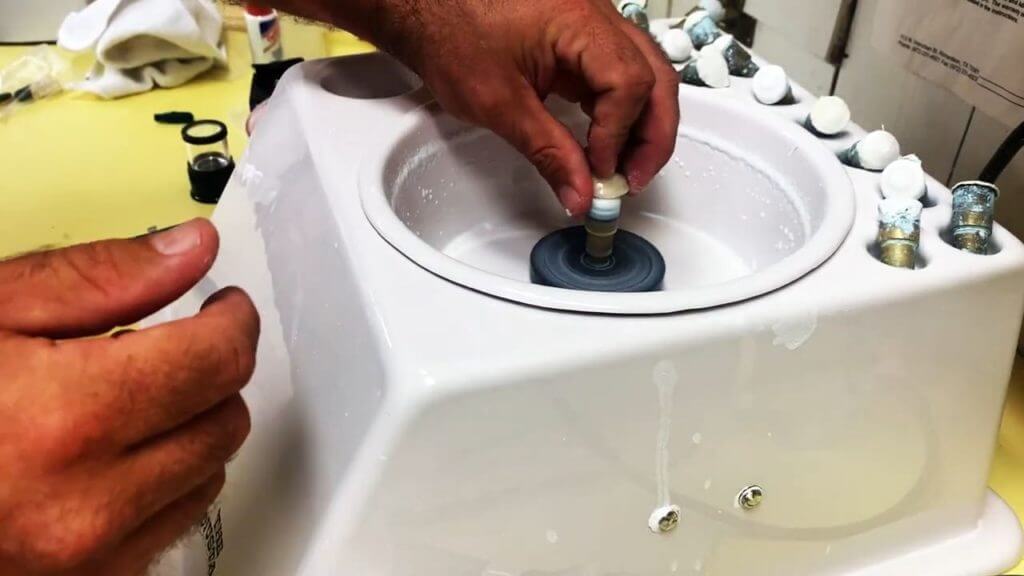
Prosthetic eyes require a professional polishing every six months, or sooner if necessary. Not only do most insurance companies cover the cost for polishing, but it’s important to consult with your eye doctor or ocularist to answer any questions or concerns.
Although routine polishing can prevent symptoms, patients who are most in need typically suffer from irritation, itchy eyelids, increased discharge, and/or an overall change in cosmetic appearance.
What does polishing a prosthetic eye do?

We will remove protein deposits, bacteria, and surface scratches from the prosthetic eye. This will improve the comfort and appearance of the eye.
Our practice only offers polishing services for prosthetic eyes. If you need further assistance regarding your prosthetic eye, we recommend you contact your ocularist.
What is an ocularist?
An ocularist is someone who went through specialized training to create and fit a prosthetic eye.
Lancaster Contact Lens, Inc is now part of Optometric Associates! We will be taking care of all patients from Lancaster Contact Lens, Inc at our office, including all specialty contact lens patients. If you were you a Lancaster Contact Lens patient, click here.


If the office is closed, our eye doctors are still on call 24/7 to help with eyecare & eye care emergencies.